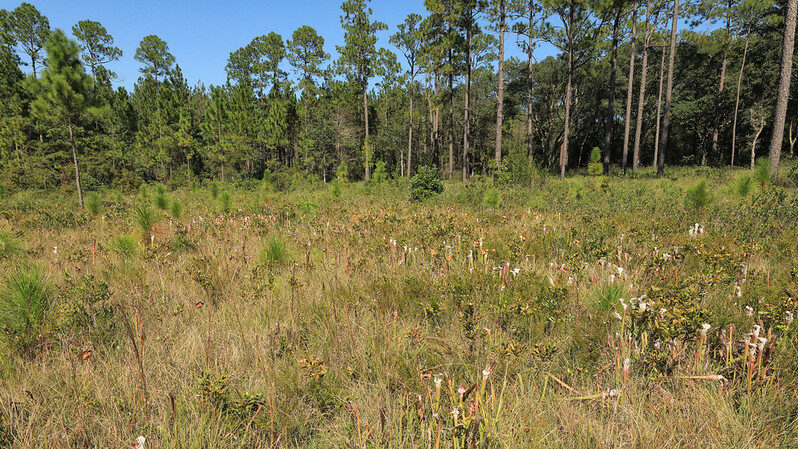Improving Support for Regional Conservation Efforts in the Region Managed by the Southeastern Association of Fish and Wildlife Agencies

Project Information
Principal Investigator: Nils Peterson, NCSU
Project Start: December 2021
Project Completed: July 2023
Implements Science Plan Theme: Adaptation
Co-Investigators:
Lincoln Larson, Kathryn Stevenson, Erin Seekamp (NC State University)
Mallory Martin, Louise Vaughn (US Fish and Wildlife Service)
Paul Armsworth (University of Tennessee – Knoxville)
Overview
Wildlife management in the United States largely operates at the state and regional level, creating a system where collaboration across geographic areas and agencies is often necessary to achieve conservation goals. Regional collaborations offer a way to amplify the work an organization is doing by letting them join forces with other organizations to achieve common goals across larger geographic scales. However, for regional collaborations to be successful, it’s important to understand the motivations and challenges faced by those engaging in them. To date, relatively little is known about the extent of regional collaborative conservation activities in the Southeastern US; still less is known about the priorities and motivations of managers for engaging in collaborative activities. The purpose of this project was to address a primary gap in knowledge around the viability of regional responses to wildlife conservation initiatives by surveying state agency leadership and field biologists from across the Southeast Association of Fish and Wildlife Agencies’ (SEAFWA) states.
This study provides the first data addressing these important questions in the southeastern United States. Surveyed professionals indicated that their top priority for regional conservation efforts was increasing the likelihood of conservation success for species with multi-state ranges, followed by the need to describe threats to species and their habitats. Perhaps not surprisingly, these priority areas were also where conservation practitioners were most likely to work in regional collaborations. The lowest priority for regional conservation efforts was developing plans to adapt conservation actions to climate change, followed by measuring the effectiveness of proposed conservation actions. Developing plans to adapt conservation actions to climate change was also the least likely priority area for conservation practitioners to be currently collaborating and had the least interest for future collaborations. Surveyed professionals indicated that the top barriers they faced in regional conservation projects were participation being too expensive and logistics being too difficult. These results suggest additional funding and simplified protocols for cross-state collaboration may be required to encourage regional conservation initiatives, particularly those perceived as low importance by practitioners.
